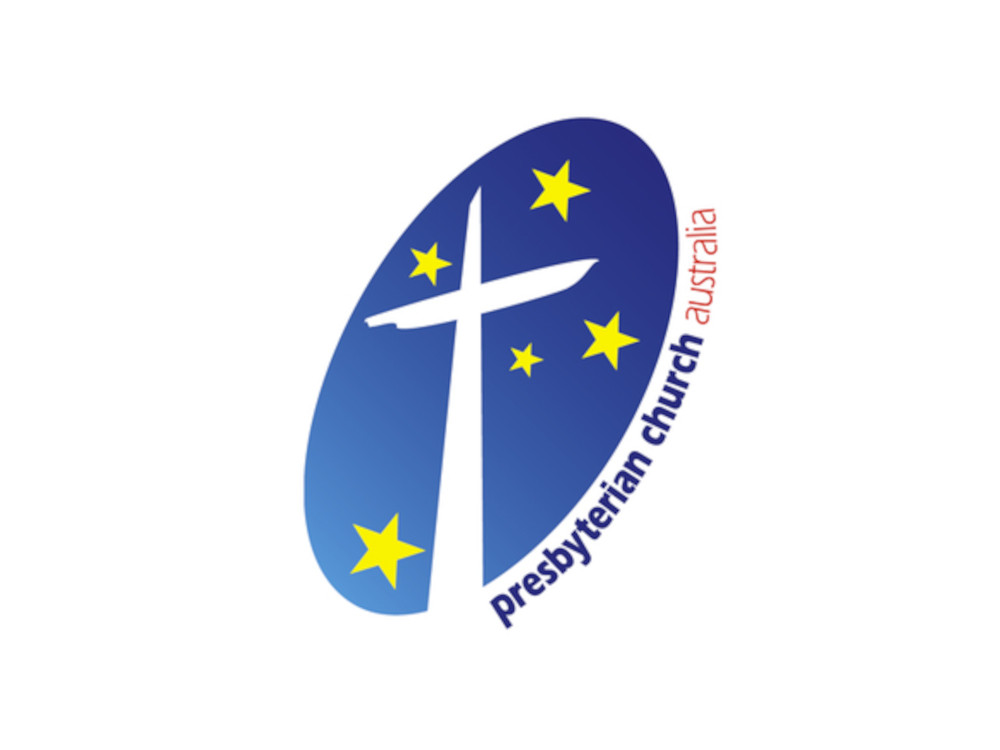For the second year in a row, the NSW Presbyterian General Assembly (their church parliament) has been prevented from discussing a controversial issue due to government Worker Health Safety regulations.
For the second year in a row, the annual General Assembly was to focus on a lengthy consultation process in the denomination on whether the office of elder should be restricted to men only.
Last year, the General Assembly was halted from discussing the proposal to revert to male-only elders at the last moment when an official of the Assembly received a phone call, alerting them that a letter claimed the meeting might be a “triggering event” that would be captured by NSW safety legislation.
A paper called “Healthy Complementarianism” produced by direction of the 2021 Assembly has been ready for discussion since July 2022.
This year’s General Assembly was unable to proceed with discussing male-only elders once again.
An article in AP, the national journal of the Presbyterian Church of Australia, by David Robertson – a minister with strong reporting skills – details this year’s events.
“Under [the NSW Work Health and Safety] Act, we were told that all office bearers, staff and volunteers were to be considered workers – and therefore, the Act would apply to them. Accordingly, no change can occur without consulting all workers and addressing any concerns they may have. The Assembly were told that all members of the Assembly were to be regarded as PCBU’s (Persons Conducting a Business Undertaking) and were individually legally responsible to consult every ‘worker’. We were also told that this includes not only actual volunteers but those who might ‘aspire to the role’. In other words, everyone. By requiring ‘consultation with all workers’ (i.e. anyone who does anything within the Church), we are in danger of forsaking the basic principles of Presbyterianism, that we have government by elders and that we are not Independents or governed by votes on each issue. Nor are we be governed by ‘experts’, lawyers or focus groups.”
Robertson argues this is an example of “Erastianism” – the doctrine of state authority over church affairs. Erastianism is often used to describe state churches like the Church of England, set up by the government. But Robertson is using it in the broad sense of the state telling a church what its rules should be.
The Presbyterian imbroglio can be seen to be part of a series of events where varying groups of Christians have pursued an anti-Erastian agenda. Covid lockdowns, conversion therapy laws, and anti-discrimination laws easily come to mind.
The Work Health and Safety laws seek to protect workers’ health, something to which the Presbyterians do not object. However, a requirement that workers be consulted appears to have caused the delay in discussing moving to male-only elders.
Work Safe Australia’s model code of practice includes “You must consult with all workers, in particular workers with vulnerabilities, who are likely to be directly affected by particular psychosocial hazards. For example, women, young workersthose from culturally and linguistically diverse (CALD) backgrounds, LGBTIQA+ workers and workers with disability are more likely to experience workplace sexual harassment and should be provided with the opportunity to participate in these consultations (which may take different forms), along with all workers who are likely to be directly affected.”
In the case of the Presbyterian proposal, women elders and those who might seek to be women elders in the future, such as women students, are likely covered in the regulations. Consultation is not decision-making – the argument that Presbyterian principles would necessarily be breached if the Work Health and Safety Act is followed and people are consulted rests on a strict idea of how a church is run. But could a consultation process be parallel to a the formal process?
Note that the law would not prevent the Presbyterians from restricting the role of elders to men. It is only the manner in which the decision is being made that might be under legal scrutiny.
Christians will occupy a range of views on the “Erastian” topics listed above. The Covid lockdowns were complied with by most churches, while the conversion therapy laws are seen as a threat. When Jesus was handed a denarius coin and said “Give back to Caesar what is Caesar’s and to God what is God’s,” the point was that Caesar’s image was on the coin.
So, we can rule out the proposition that the government can never tell a church what to do. But the story also allows for those who protest the government’s involvement.
But here is an example of where state law has targeted the Presbyterians in a manner that few would object to. The Presbyterian Church of Queensland was forced to place itself in receivership following Prescare, its aged care arm’s financial difficulties. Supporters of the denomination’s Queensland theological college had to buy its building, which was being sold, to pay the receiver’s fees. A quick response by the college’s supporters raised the money despite a tight deadline.
Lest this writer be seen to pick on the Presbyterians, Anglicans in Bathurst diocese and the Uniting Church in Victoria /Tasmania had problems with church schools racking up massive debts.
In the case of Bathurst, the church tried to assert they were not responsible for repaying the Commonwealth Bank. They lost in court – and should not have tried to get out of their responsibility. But the point of this story is to point out that church bodies, like everyone else, are subject to the laws that require people to pay their debts.
So, the story of the NSW Presbyterians’ failure to discuss male eldership at their General assembly is an interesting case study into which laws should apply to a church. Is requiring consultation with affected workers too hard a task? Ironically, one of the strengths of the Healthy Complementarianism report is about consultation with women if an all-male eldership is adopted.

